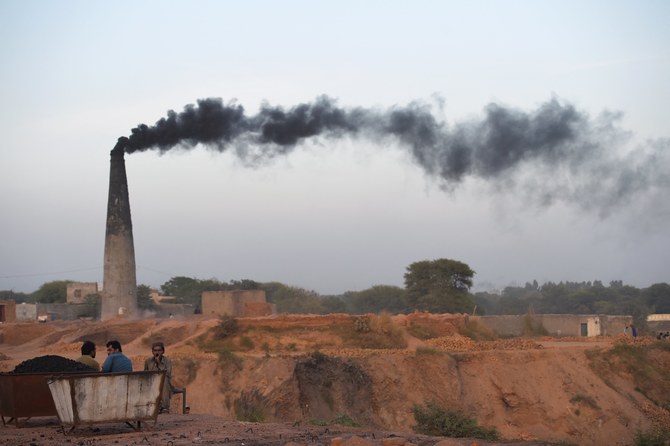ISLAMABAD: Pakistani Prime Minister Imran Khan on Friday directed federal and provincial governments to work to move industrial units like brick kilns and steel furnaces outside major cities in order to tackle rising pollution in the country, Pakistani state-run APP news agency reported on Saturday.
Air quality in Pakistan has deteriorated in recent years, with hazardous pollution in winters driven by a mixture of low-grade diesel fumes and smoke from seasonal crop burn off and worsened by colder temperatures. Experts say hazardous air quality can cause breathing issues that range from discomfort to respiratory tract and heart diseases.
The central Pakistani city of Lahore routinely ranks as one of the world’s most polluted urban centers, and frequently tops daily rankings.
But authorities have been slow to act, blaming the smog on crop burning in neighbouring India or saying the figures were exaggerated.
On Friday, PM Khan presided over a meeting on pollution-related issues and issued a number of directives, including relocation of industries outside cities and the promotion of electric-powered vehicles.
“We must incentivize the industry for shifting their units out of the city and the use of modern technology for environment safety,” the prime minister was quoted as saying by APP. "Pollution was a silent killer but environmental protection had never been a priority of the past governments. Now there is no more room for negligence."
Khan directed the Punjab government to adopt a comprehensive smog control policy at the earliest and said measures were needed to incentivize the use of quality fuel and the gradual replacement of vehicles with electric vehicles. He said new buses for all mass transit services in the country must be electric-powered. He also called for dialogue with regional countries to protect the environment through collective efforts.
“We should take all steps to increase the green cover of our cities through Miyawaki forest technique,” he added.
Named after Japanese botanist Akira Miyawaki, the technique aims to recreate self-sustaining multilayered indigenous forests on degraded land with little to no human intervention.
The prime minister also highlighted the importance of public awareness campaigns to bring behavioral change among the masses in order to convince them of the need for environmental protection.
















